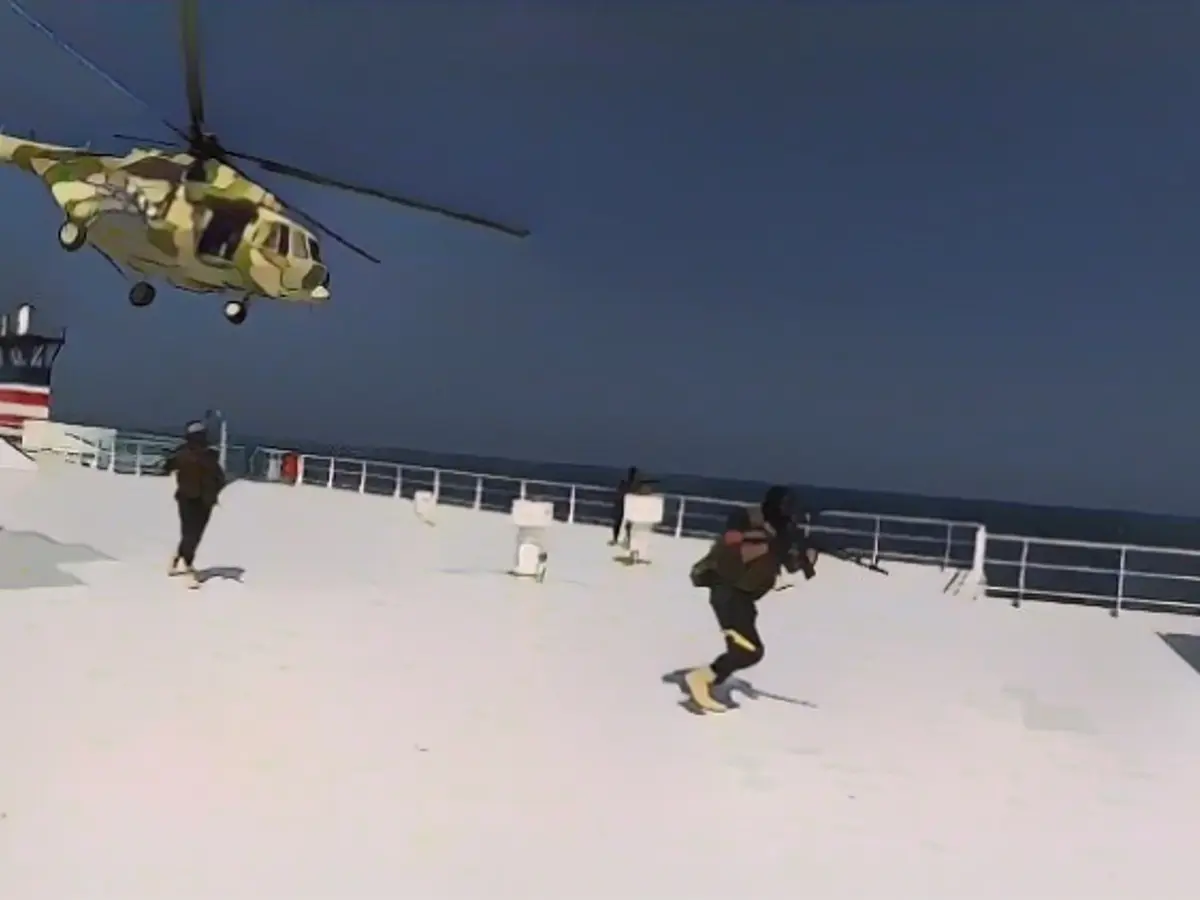In recent times, a merchant ship has once again been attacked on a Middle Eastern sea route, this time by the Houthi rebels. These insurgents claim they only want to let aid ships through to the Gaza Strip, while considering all other freighters as legitimate targets. The impact on sea trade is significant, as the unclear criteria used to select targeted ships and the potential for mistaken attacks has made navigating these waters increasingly perilous for shipping companies.
The Red Sea, a major waterway chock-full of goods, is currently the focus of every sailor's concern. With food, furniture, medicine, grain, cement, coal, oil, and liquid gas all being transported through it, any disturbance in this area would have a domino effect on global trade—and Europe would be hit particularly hard, as the Suez Canal serves as the gateway for our imports and exports.
However, current indications show that while the sanctions have not yet brought about any noticeable shortages, they could eventually affect supply chains. If the situation worsens and commercial ships are forced to detour via the Cape of Good Hope, this would result in significant delivery delays and increased costs due to longer travel times and higher fuel consumption.
Shipping companies are currently in a difficult position, as they must rely on reports and safety assessments to decide whether to send their ships through certain sea areas—and they must remember that air strikes have already proven to be a threat to vessels in these waters. The prevalent uncertainty in the region has triggered calls for enhanced naval protection and coordinated international action to prevent further escalation.
The Houthi rebels' threat to attack all ships bound for Israel has elevated security concerns in the Middle East, prompting a military and economic response from the United States and its allies. Shipping firms have reacted by increasing onboard security measures, cooperating more closely with naval forces, and reviewing their insurance policies.
The European Union has also established a defensive mission aimed at addressing the security threats in the Red Sea. The United States, backed by over 20 countries, has launched Operation Prosperity Guardian focused on safeguarding freedom of navigation in the region. These coordinated efforts aim to deter any attacks on merchant vessels and sustain trade.
Despite the UN Security Council's condemnation of the Houthi attacks and affirmation of the right to freedom of navigation, executives remain cautious. The Joint Maritime Information Center continues to advise shippers to stay vigilant, as breaking away from the ceasefire could prompt renewed hostilities, further disrupting maritime operations.








